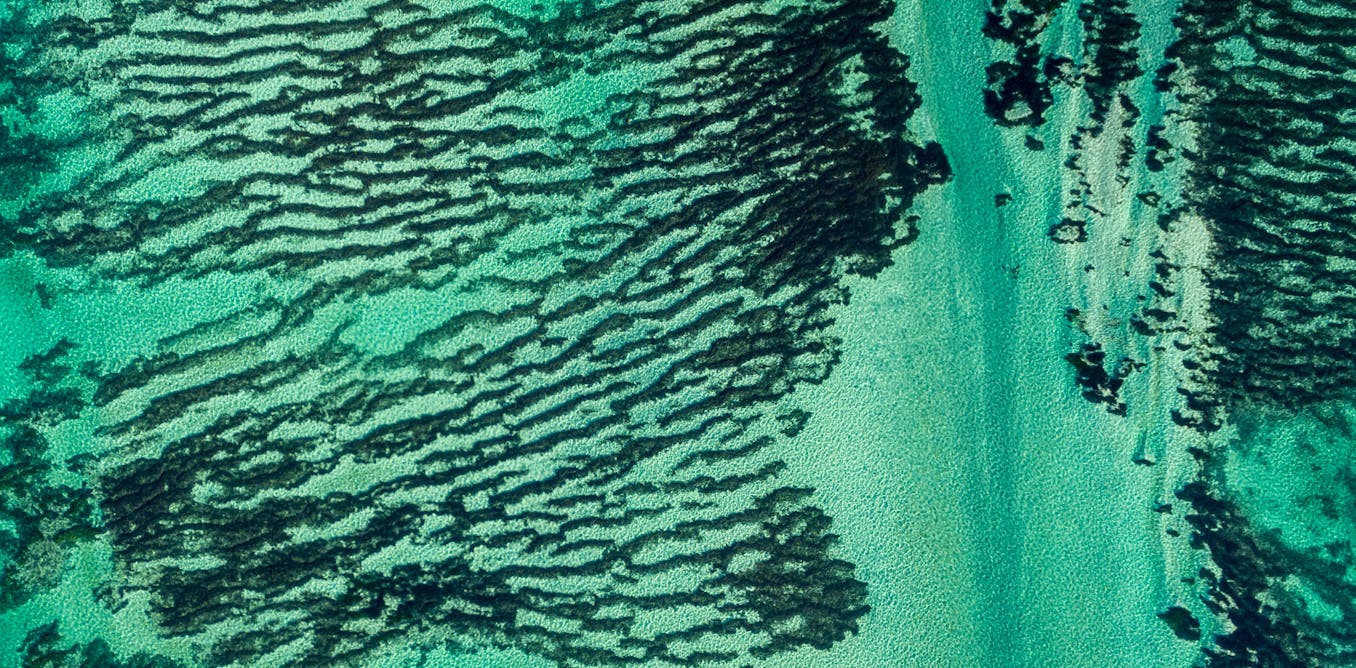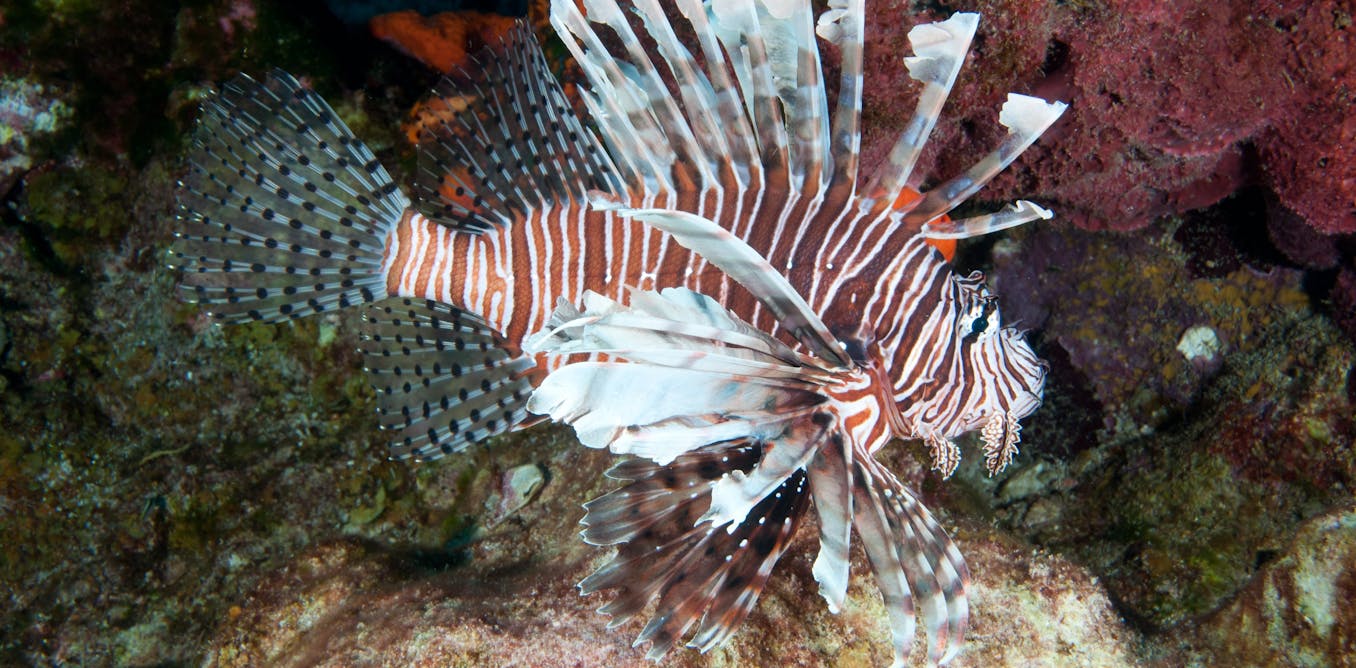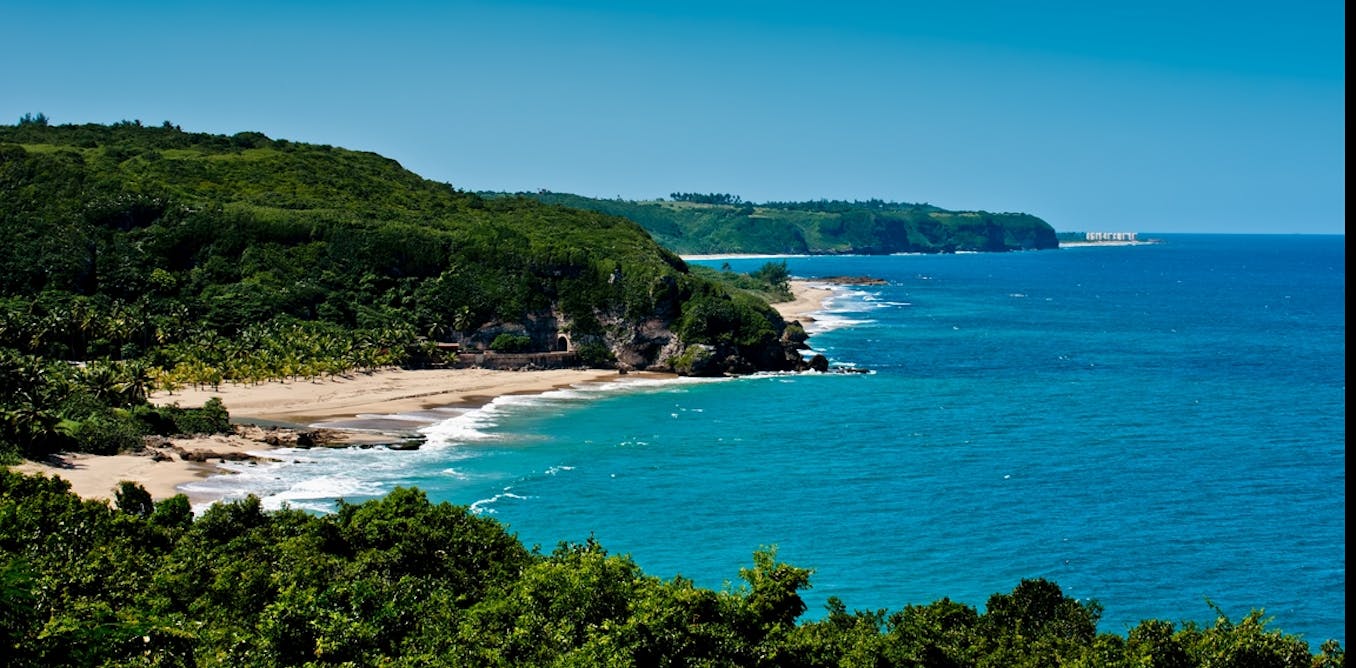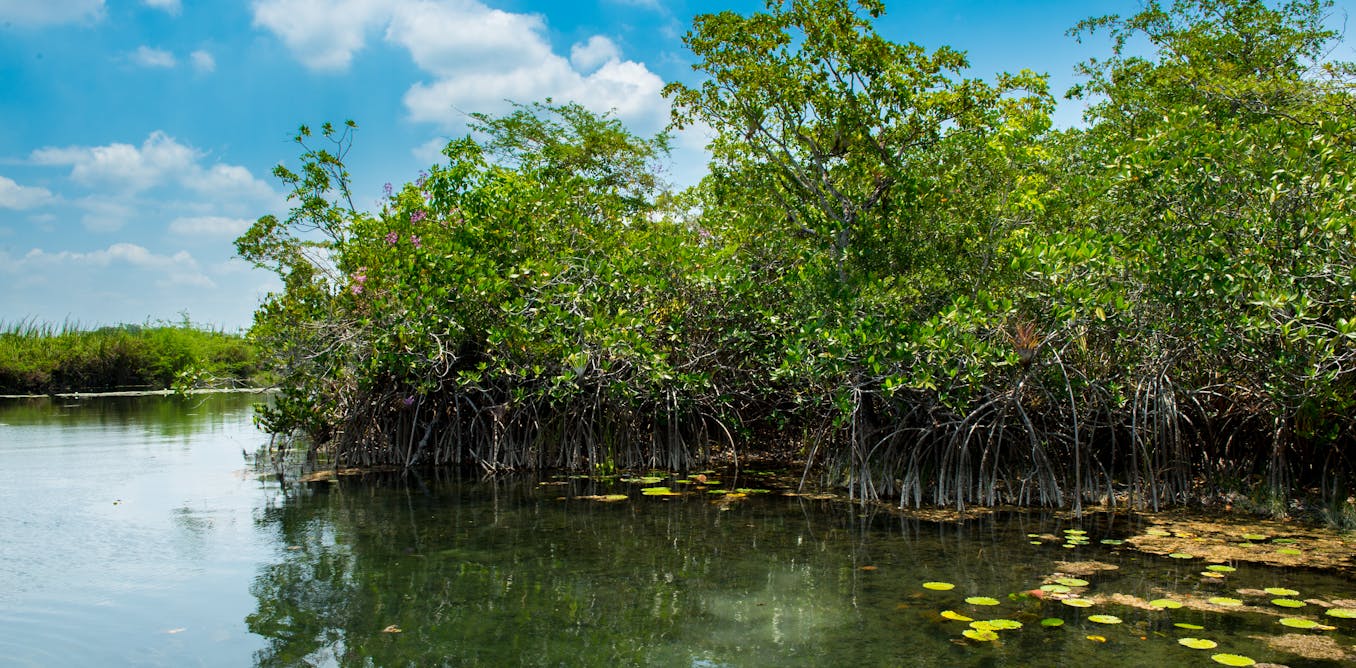Save our seabed – the bottom of the ocean needs to become a top priority, and the UN agrees
Blue carbon is stored in mangroves, seagrass and sediments. Discussions at the UN Ocean Decade conference reiterate the importance of preserving existing sea floor habitats, before it’s too late.
April 12, 2024 • ~8 min








